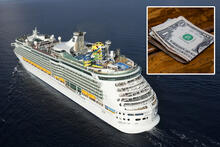Hurricane season is upon us, and as a Florida resident myself, I’m already starting to prepare for the worst.
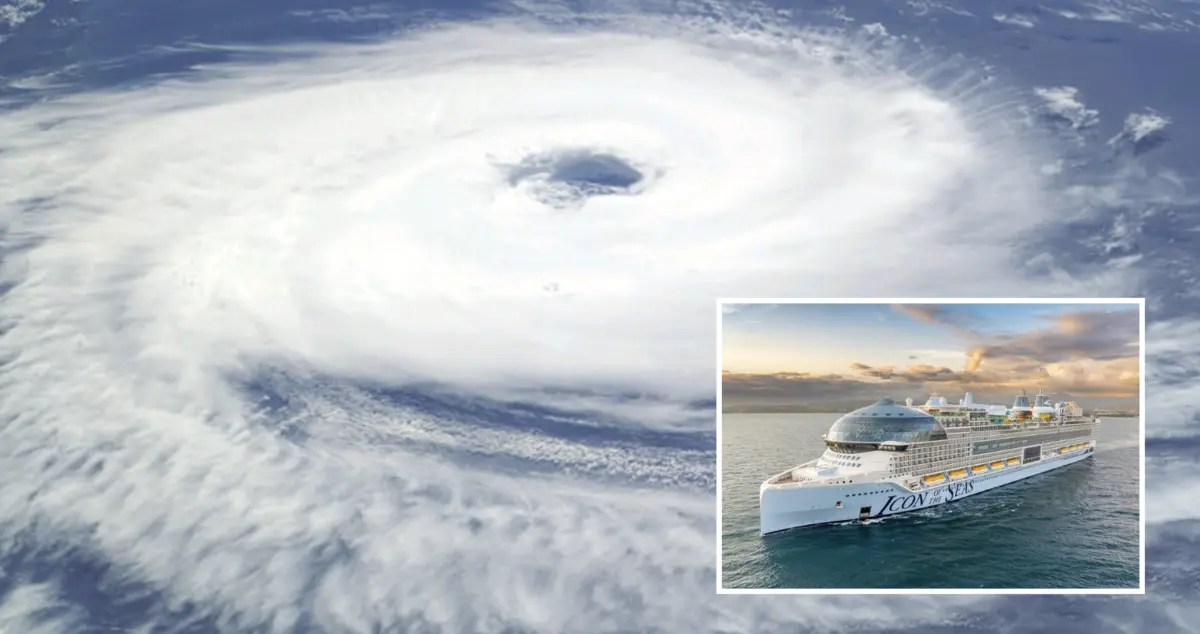
After moving to Florida five years ago, my husband and I were hit with Hurricane Sally just months after we moved into our new home. As Midwesterners who had never lived in the South, this felt like a rite of passage!
Now, with another season underway, it’s important to be prepared, whether you’re getting your home ready or finalizing plans for an upcoming cruise. If you’re planning a Caribbean cruise this summer, you might be wondering how to best prepare for hurricane impacts. One of the smartest steps you can take is to invest in travel insurance to protect your plans in case of unexpected disruptions.
Personally, I have an annual travel policy through Allianz AllTrips, and it’s already paid for itself this year. I combed through my personal policy with Allianz to see what exactly is covered in relation to hurricanes for purposes of this article.

But, all insurance policies have different coverage and it’s important to understand exactly what’s covered in a policy before purchasing. The fine print in an insurance policy is just as important as the stated policy!
Most travel insurance policies don’t list hurricanes as a separate category. Instead, they’re typically included under broader terms like “natural disasters” or “severe weather.” It’s a good idea to review how your insurance provider defines these terms before buying a policy.
No matter which company you choose, there are a few essential things to look for in any travel insurance plan. Here’s what to pay attention to in your travel insurance policy, and what the experts are predicting for this year's hurricane season.
Read more: Travel insurance for a cruise: Why you need it for a Royal Caribbean cruise
First, check what’s included under your Trip Cancellation coverage.
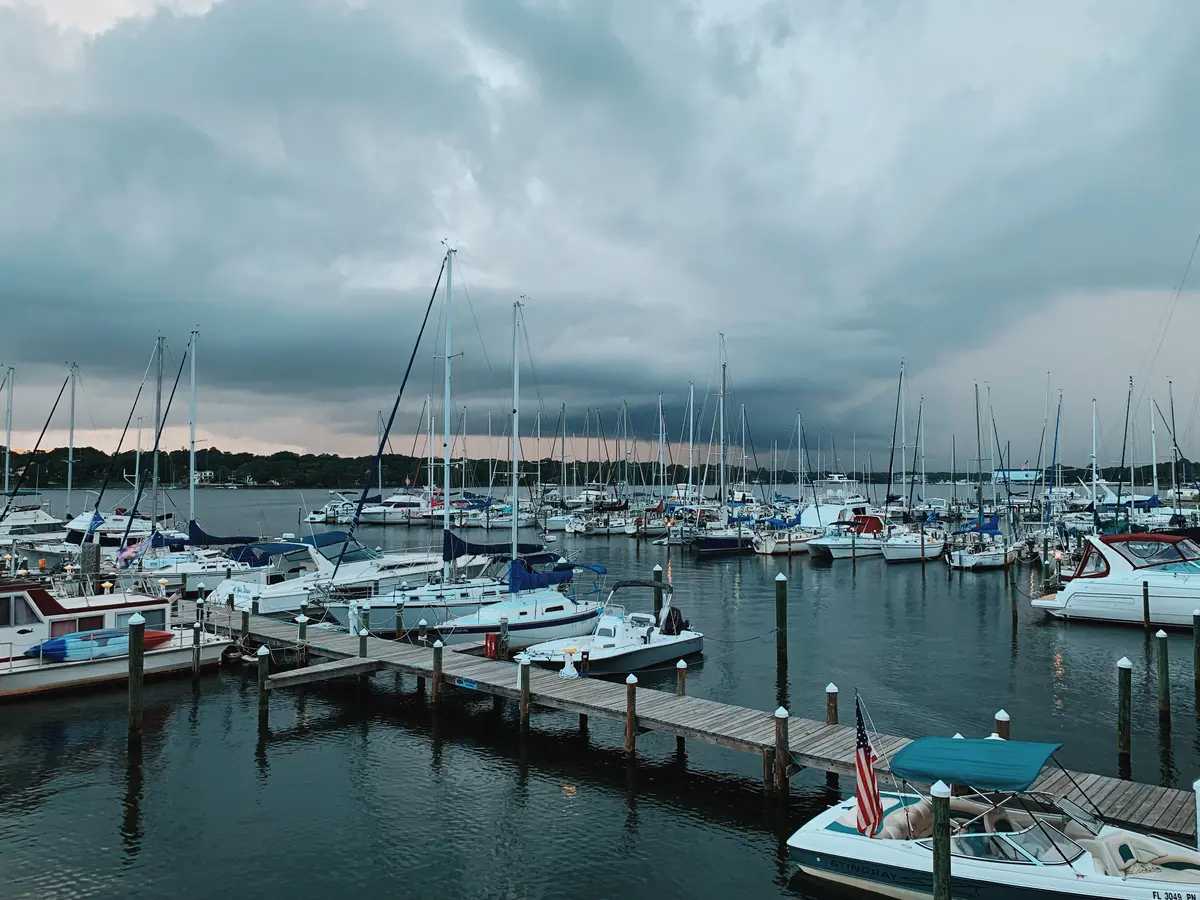
Most travel insurance policies will include Trip Cancellation protection. This type of coverage provides reimbursement for non-refundable expenses if you need to cancel your trip for a covered reason. These covered reasons typically include natural disasters and severe storms, such as hurricanes.
If your policy includes Trip Cancellation coverage, you’ll want to see exactly what’s defined for covered reasons and whether natural disasters, including hurricanes, are mentioned. For example, my personal insurance policy provides Trip Cancellation coverage for the following hurricane-related events:
- Your destination or primary residence is uninhabitable due to a natural disaster
- Your travel carrier cannot get you to your original itinerary’s destination for at least 24 consecutive hours due to a natural disaster or severe weather
- Government authorities order a mandatory evacuation at your destination that is in effect within 24 hours prior to departure date
In the event that I experience one of these covered reasons, I can be reimbursed up to my policy limit for nonrefundable expenses. Considering I live in Florida and cruise often, this comprehensive coverage gives me peace of mind.
Next, consider what’s included for Trip Interruption protection.
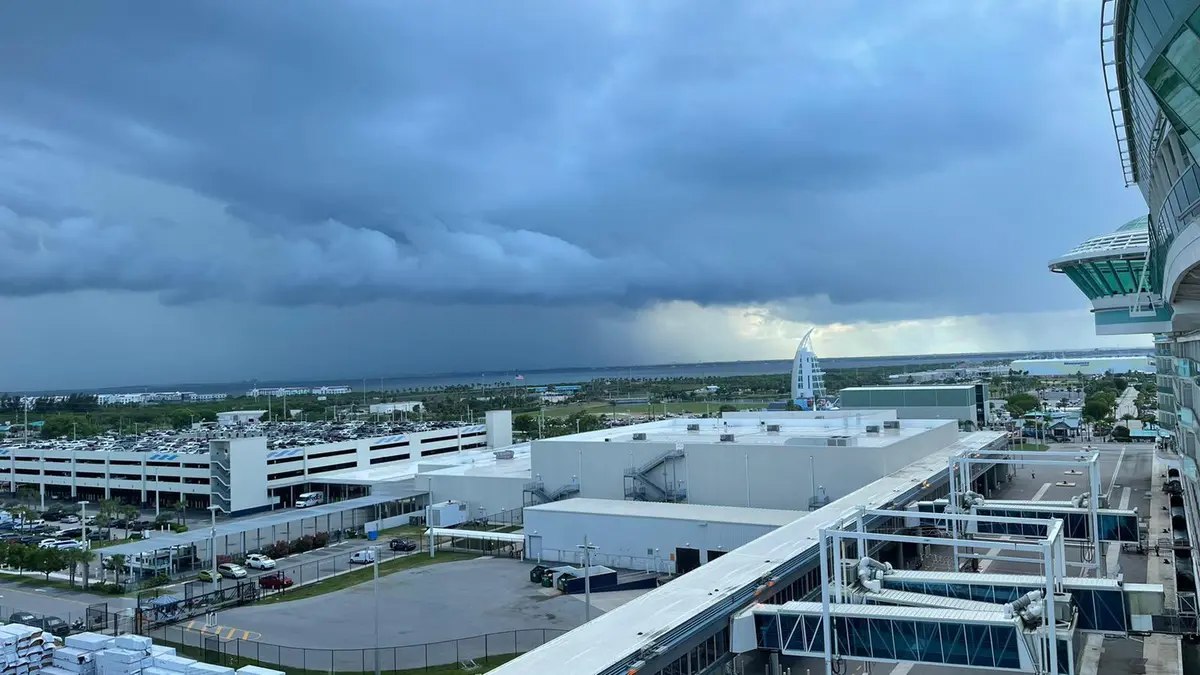
Another section of your travel insurance policy that you’ll want to check is the Trip Interruption section. This type of coverage kicks in after your trip has already started, and it helps reimburse for unforeseen costs during your trip. If you encounter a hurricane during your cruise, your Trip Interruption coverage would likely cover related expenses.
In my Allianz policy, I would receive hurricane-related coverage (under the natural disaster terminology) for the following scenarios:
- You miss at least 50% of the length of your trip due to a natural disaster
- Your primary residence or destination is uninhabitable due to a natural disaster
- Your travel carrier cannot get you to your original itinerary’s destination for at least 24 consecutive hours due to a natural disaster or severe weather
- Government authorities order a mandatory evacuation at your destination that is in effect within 24 hours prior to departure date
- A road closure prevents you from arriving to your final destination for at least six consecutive hours
When it comes to hurricanes, you might find that your original cruise itinerary has been shortened or extended because of impending storms. In this case, your Trip Interruption policy would cover the unexpected costs related to the natural disaster.
In addition, Travel Delay coverage could provide protection during hurricane season.
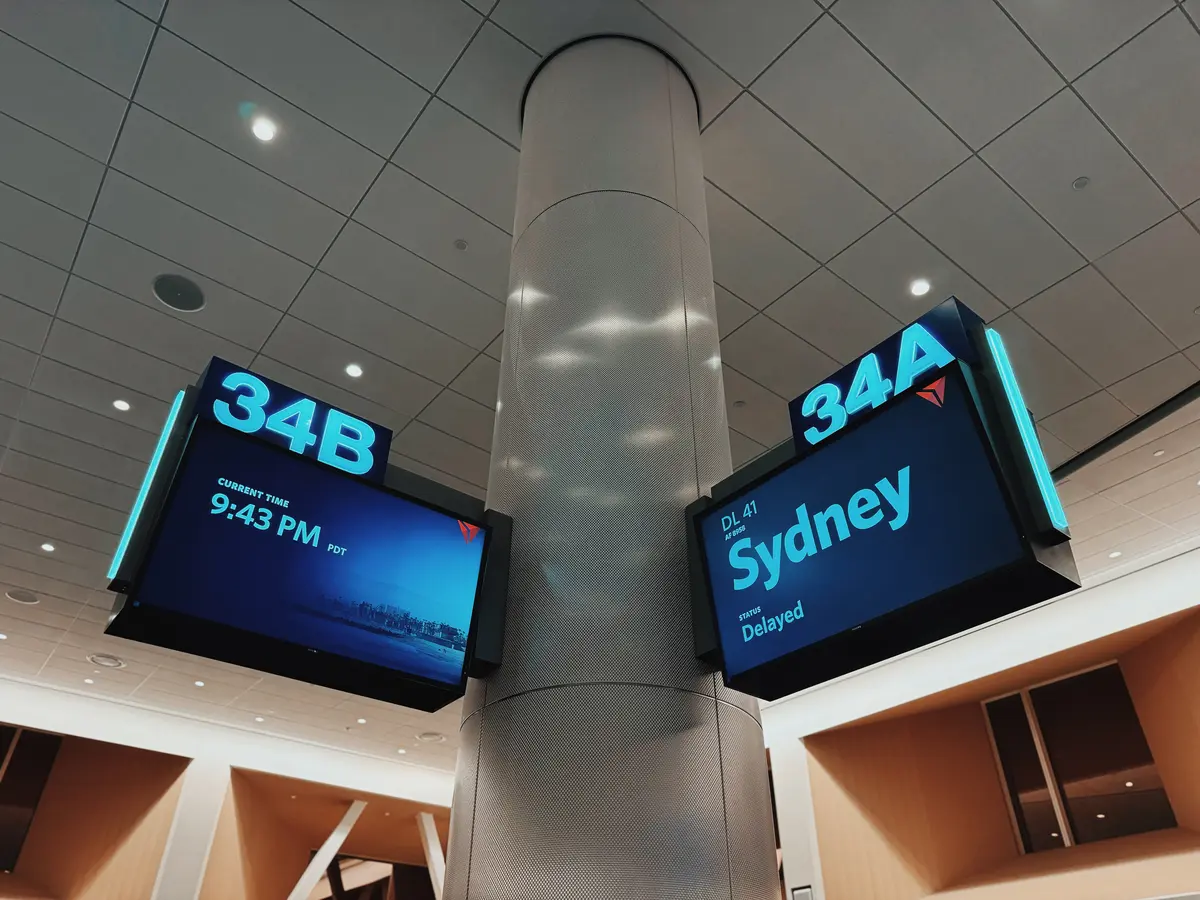
Another important coverage that I’ve actually used with my travel insurance policy is Travel Delay coverage. This type of protection kicks in for smaller, but still disruptive, delays. For my specific policy, the Travel Delay coverage provides reimbursement for a delay longer than six consecutive hours. My policy would pay for meals, accommodations, and transportation up to a daily limit due to the delay.
In addition, my Travel Delay policy specifically includes coverage for a delay that would cause me to miss the departure of my cruise. In this instance, reasonable expenses to help rejoin the cruise would be covered if the delay occurred for a covered reason, such as a natural disaster. In this case, any delays due to hurricane activity that cause you unforeseen expenses would likely be covered.
You could also purchase missed port coverage.
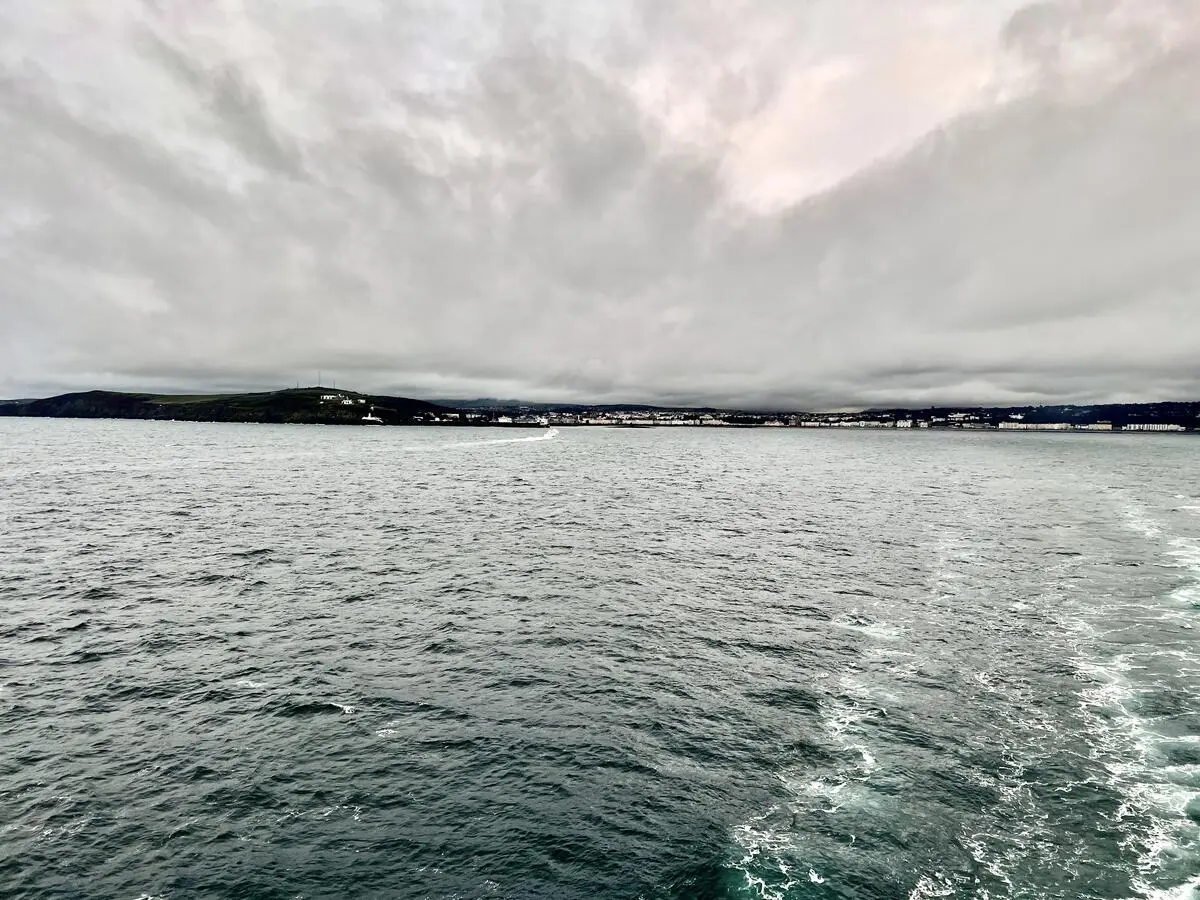
Although not as common, some insurance companies provide coverage for missed ports or cruise diversions. For instance, Travel Guard’s Preferred Plan appears to cover cruise diversions and river cruise diversions (based on the policy provided online). According to the policy guideline, cruisers would receive $250 for a missed port during their cruise.
However, missed port coverage isn’t as common as it used to be. As explained on Allianz’s website, travel insurance is meant to cover financial loss. Missing a port or having an itinerary change, even when caused by a storm or hurricane, is still providing the same value without financial loss.
For example, Allianz states on its website that, “If a hurricane causes a cruise line or tour operator to offer an alternate itinerary — whether a different destination or different dates — you must accept the change.”
“Travel insurance is designed to protect you from financial loss, and if the substitute itinerary is the same value as your original trip, you haven't suffered a loss,” continues Allianz. However, the insurance provider notes that if the itinerary change causes you to incur additional costs, such as purchasing new airline tickets, those expenses may be covered under your travel insurance.
Finally, consider opting for a “Cancel for Any Reason” policy.
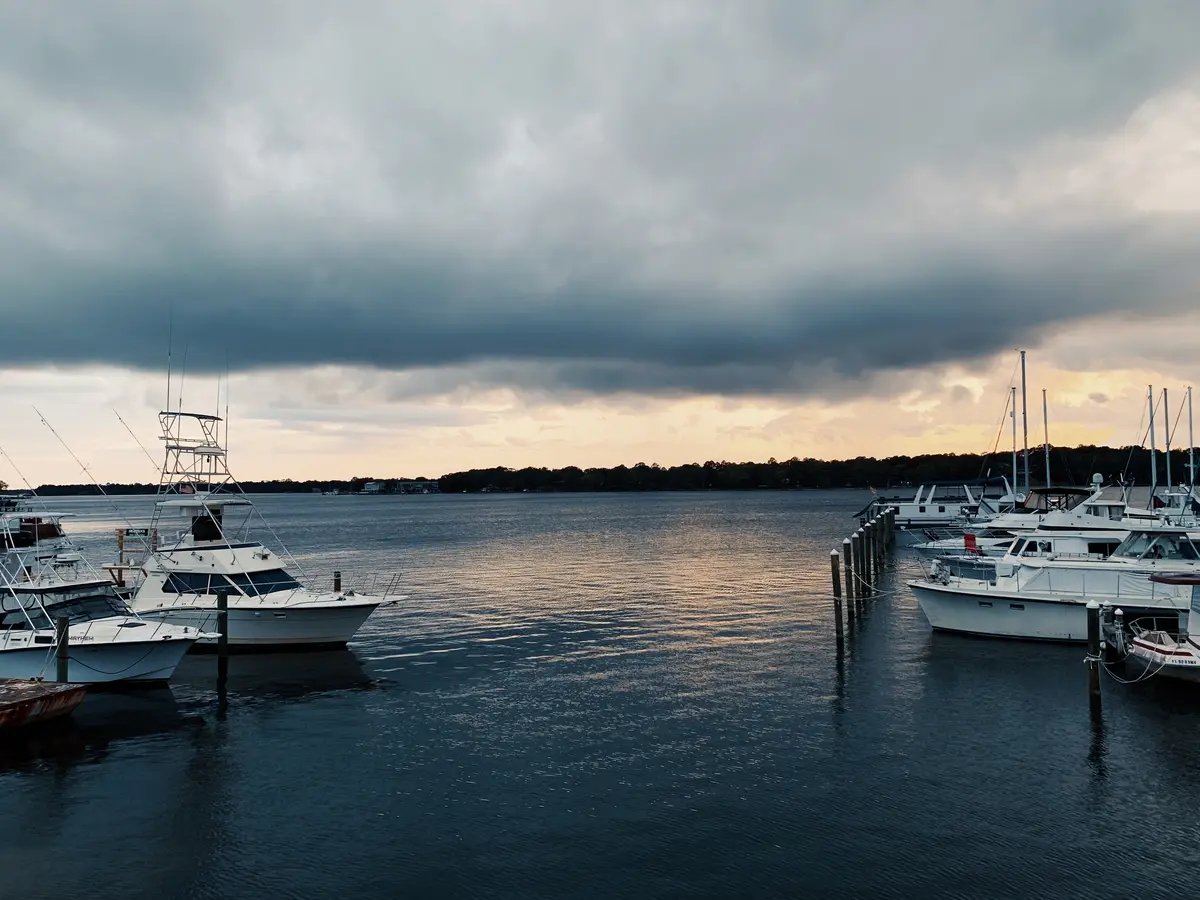
Your standard travel insurance policy will provide a list of covered reasons that will protect you under specific travel mishaps and problems named in the plan. But, not every possible thing that could go wrong with your trip will be covered.
Most importantly, if you decide to cancel your cruise because you’re worried about a potential hurricane or bad weather, that fear alone typically isn’t covered under a standard policy. For this reason, you might want to consider purchasing a policy called “Cancel for Any Reason” type of coverage.
This type of insurance can help reimburse prepaid expenses when you cancel a trip for any reason that isn’t named specifically in your plan. Generally, Cancel for Any Reason insurance is an add-on option to a standard travel insurance policy.
There are other guidelines you need to follow too. You often need to buy this type of coverage within a specified window after making your first deposit, typically around 10 days to 21 days after booking. You can normally cancel your trip for any reason up to approximately 48 hours before scheduled departure.
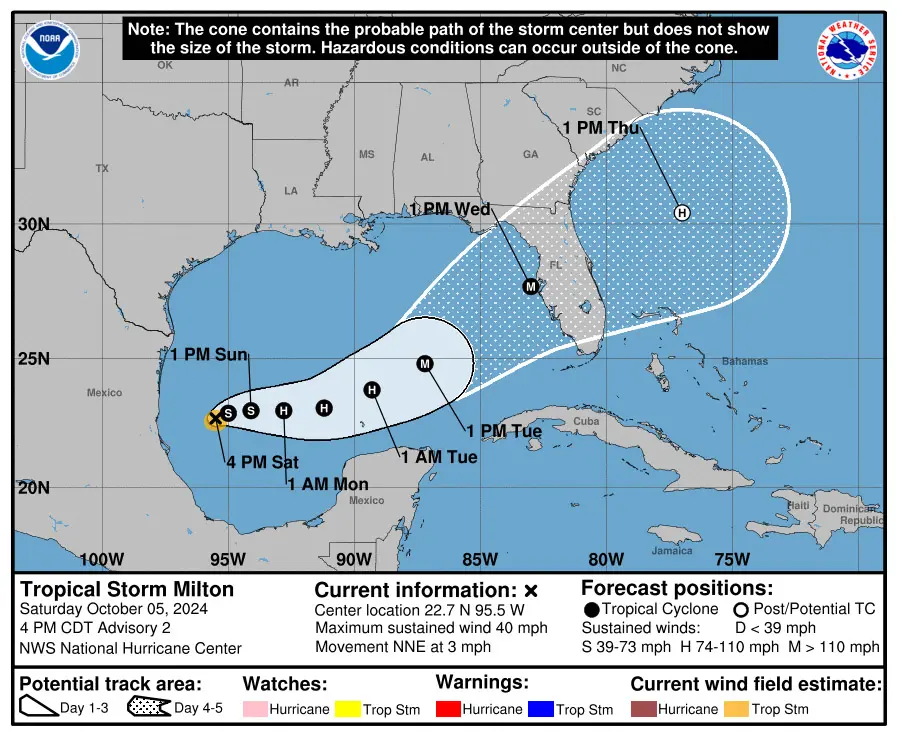
But, this type of policy isn’t cheap. If you want the maximum flexibility, you’ll need to pay a significantly higher premium. This type of coverage can increase your policy cost by 50% due to increased flexibility.
For example, if you book a cruise for $4,000, your travel insurance policy might cost around $200. To add Cancel for Any Reason coverage, you might need to pay an additional $100, bringing your total premium to $300. If you decide to cancel and receive reimbursement of 75% of your prepaid expenses, you would receive $3,000 back. In that case, instead of losing the full $4,000, you’d lose $1,000 on the cruise fare and $300 for the insurance, a total loss of $1,300.
With this type of policy, you have the flexibility to decide whether or not to travel in the event of a hurricane. Everyone has a different level of risk tolerance, and a vacation should feel enjoyable, not anxiety-inducing. For many travelers, the extra peace of mind is well worth the added cost.
Unfortunately, the experts are predicting an active hurricane season this year.
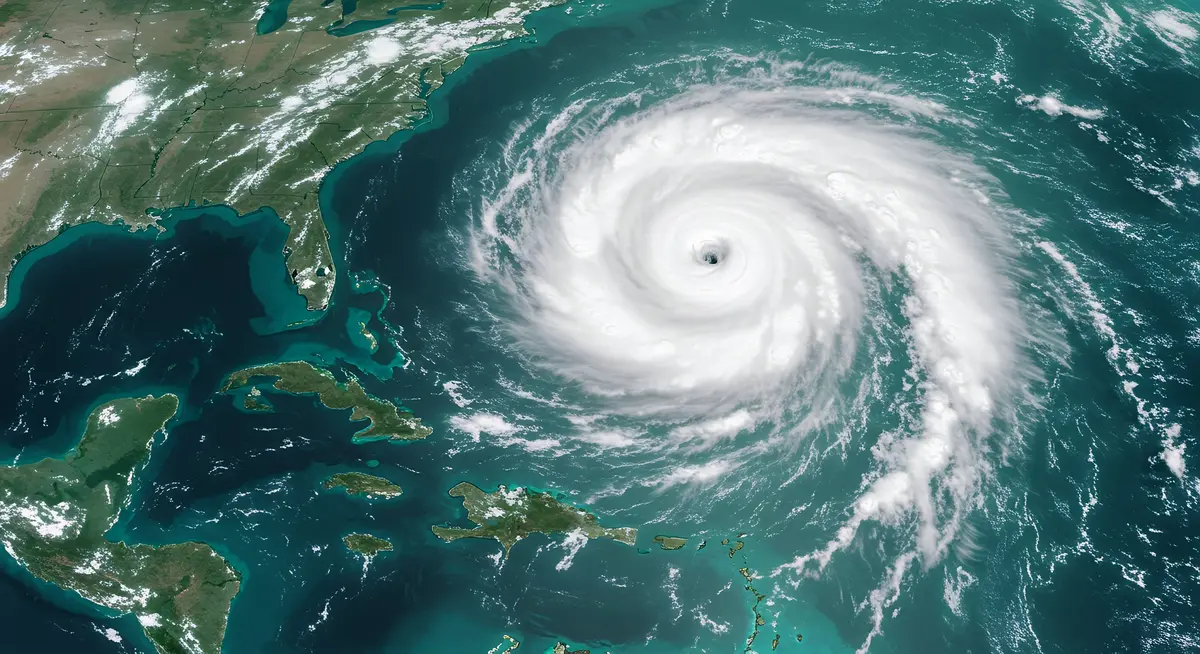
Each year, The National Oceanic and Atmospheric Administration (NOAA) issues its outlook for the coming Atlantic hurricane season. This year, NOAA’s outlook indicates we are likely to experience an above-normal season with a 60% chance and only a 10% chance for a below-normal season. That leaves just a 30% chance for a near-normal season.
NOAA’s 2025 outlook shares there is a 70% change for 3-19 named storms, 6-10 hurricanes, and 3-5 major hurricanes this year. NOAA states in their report, “These expected ranges are centered above the 1991-2020 seasonal averages of 14 named storms, 7 hurricanes, and 3 major hurricanes.”
In addition, NOAA explains the prediction is based on two main factors, including an unusually warm temperature in the Atlantic Ocean and neutral El Niño conditions. Both of these factors create an environment that favors stronger storm formation and intensification.

So, what does this mean for cruisers? Royal Caribbean Group’s Chief Meteorologist, Craig Setzer, recently spoke on the subject of hurricane activity at the 2025 Seatrade Cruise Conference in Miami, Florida.
During one of the sessions, Setzer explained, “They’re calling for an above-normal season. But from a marine perspective, we prepare every year with the possibility we could have an impact.”
“We don’t say, ‘This year it’s a low number, so we’re going to relax now.’ Every year it’s the same level of preparation because even in low years like 1992, South Florida got [Hurricane] Andrew. In high years like 2022, we didn’t get anything. So you never know,” he concluded.
Read more: Meet the meteorologist who decides if your cruise gets rerouted
And of course, timing is important when buying travel insurance.

Like any insurance, travel insurance is meant to cover unforeseen circumstances. That means you shouldn’t plan to purchase coverage for your cruise after a hurricane has already been forecasted. By this time, the hurricane is usually considered a "named event" and it’s probably already too late to purchase travel insurance coverage.
Instead, it's better to be proactive and purchase insurance when you start planning your cruise and place a deposit. As we mentioned above, if you want Cancel for Any Reason coverage, you will need to purchase this shortly after you make your first deposit, typically within 14 to 21 days (depending on the policy).
If you want to have full protection and flexibility, it’s best to purchase a policy at the time of booking your cruise. This ensures you will be covered for unforeseen incidents, including hurricane-related cancellations, delays, or interruptions.
Some credit cards also include travel insurance as one of the main card perks, including the American Express Platinum Card and Chase Sapphire Reserve. Although these might not be as comprehensive, this additional coverage can be helpful if you’re already paying the annual fee for one of these cards.

Finally, you could consider purchasing an annual travel insurance policy. My policy through Allianz Travel Insurance costs less than $300 for the year and covers all trips when I am at least 100 miles from my primary residence. Because I travel almost every month, this insurance is well worth the investment.
I’ve even convinced my parents to purchase annual travel insurance policies considering they cruise a few times each year. Knowing I am covered for hurricane-related events, or any other unforeseen circumstances, gives me peace of mind while traveling. It's also one of the best ways to protect yourself financially while traveling or cruising.
Disclaimer: This post is based on my personal experience and interpretation of my Allianz travel insurance policy. Coverage details can vary depending on your provider, plan and purchase timing. Always review your policy documents carefully and consult directly with your travel insurance provider for questions about your specific coverage. Nothing in this article should be considered legal or insurance advice.




